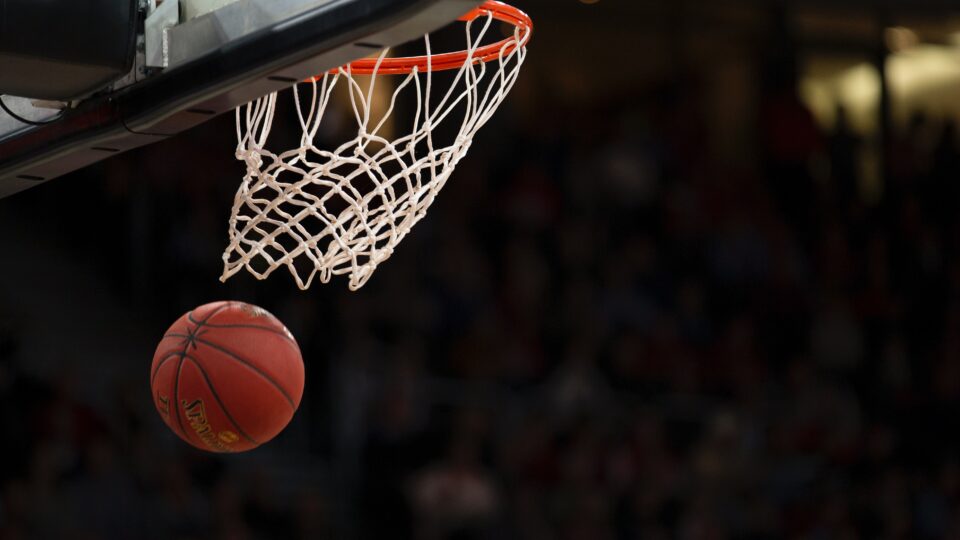Big Ten Basketball Players Break Down the Importance of Mental Health Awareness
In college, student-athletes are often judged by how fast they can run, how well they can shoot, or how far they can hit a ball. In recent years colleges have started to focus on the mental side of the sport and how it is impacting the students. After talking with Big Ten Basketball players during Big Ten Media Day, one message from both athletes and coaches rang clear. If you are struggling, reach out for help.
In 2021 the NCAA surveyed student-athletes about their mental health and well-being. The survey of 9,800 student-athletes shed light on how athletes were dealing with their mental health post-pandemic. Although the survey found anxiety, depression, and mental exhaustion numbers didn’t significantly increase due to the pandemic, the need for mental health resources has not gone away.
After the COVID-19 pandemic, there were many concerns about mental health. Schools are doing their best to provide resources for students both virtually and in person. According to the NCAA survey,“When asked if they would feel comfortable seeking support from a mental health provider on campus, less than half of women’s sports and men’s sports participants answered that they would agree or strongly agree with that statement (48% and 46%, respectively).”
Penn State Women’s Basketball Gaurd Makenna Marisa says that it is crucial for student-athletes to be able to gain resources on campus.
“I think everyone always focuses on you know the physical piece of the game and not as much the mental when thinking about players’ well-being,” says Marisa. “To have resources for mental health is super important especially you know, now there’s a lot going on and athletes have a lot on their shoulders between hoops and school. We need the resources because there’s a lot going on mentally for a lot of us so it’s very important to have those resources.”
The NCAA also stated in their report that the “study did not measure student-athlete responses relative to the overall college student population, which is dealing with these mental health issues, as well.”
While many student-athletes are struggling to find a balance between school and athletics Rutgers Basketball Player, Caleb McConnell, says it is not easy.
“This is the time where we grow a lot. You go from being 18 to 22 real quick,” says the Gaurd. It’s not easy. We’re still trying to figure things out, and things don’t always go your way. That can lead to another thing so I feel like mental awareness is very important nowadays.”
Student-athletes should not shy away from the resources at their school. They have their athletic department, teammates, psychological resources, and coaches as a backbone. Being a student-athlete is hard enough. If you are a student-athlete struggling with mental health issues, don’t be afraid to speak up and seek help. For more information on mental health resources for student-athletes, click here.

